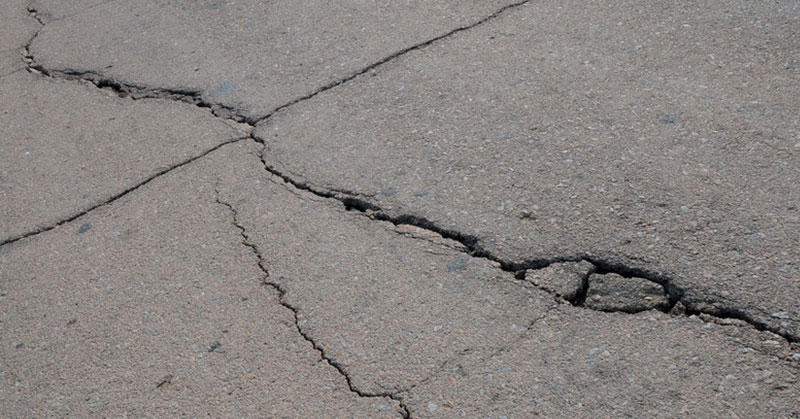Asphalt is a remarkably durable material that typically lasts for many years. In fact, some asphalt surfaces can last for decades if they’re maintained properly. Unfortunately, nothing lasts forever, and that includes asphalt. After years of exposure to the elements, not to mention vehicle fluids and everyday wear and tear from vehicle traffic, even a durable surface like asphalt will begin to break down. The surface may start to show damage, and even the foundation below can begin to deteriorate. If you don’t maintain the asphalt – by repairing small cracks and periodic seal coating, for example – the surface is more likely to require complete removal or replacement at some point, so it’s definitely worthwhile to maintain the surface. But if your pavement has been well maintained, there might be another way to repair old asphalt: by resurfacing. Resurfacing is a much less drastic process than replacing the asphalt altogether.
What You Should Know about Resurfacing Asphalt
The first step in any resurfacing project is to determine whether or not resurfacing will work for your surface. If the pavement is too damaged – and particularly if the foundation is deteriorating – it may need to be completely replaced. Contact a reputable paving contractor for an assessment.
Once you know that resurfacing is the best choice for your pavement, your contractor can get to work on the job. Using an asphalt overlay is the most common method of resurfacing. An overlay consists of a hot mixture of gravel, stone, sand and liquid. This mix is poured over the top of your existing asphalt surface. After pouring is complete, your contractor will compact the surface using a roller. Overlay resurfacing doesn’t take much time. In fact, your surface will typically be ready for use in only 2 or 3 hours.
Resurfacing not only makes an immediate and dramatic improvement in the appearance of your asphalt surface, it can also extend the life of the pavement by another 10 years or even more depending on how heavily the surface is used.
As many benefits as resurfacing provides, it’s important to remember that it may not always be an option. If your surface is extensively damaged, or if the underlying foundation of the pavement has been compromised, you may need to replace the asphalt. The only way to know for sure is to contact a reputable paving specialist. If resurfacing is a viable option, it can not only save your asphalt, but save you money at the same time.









